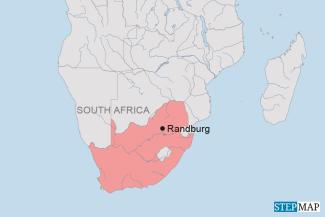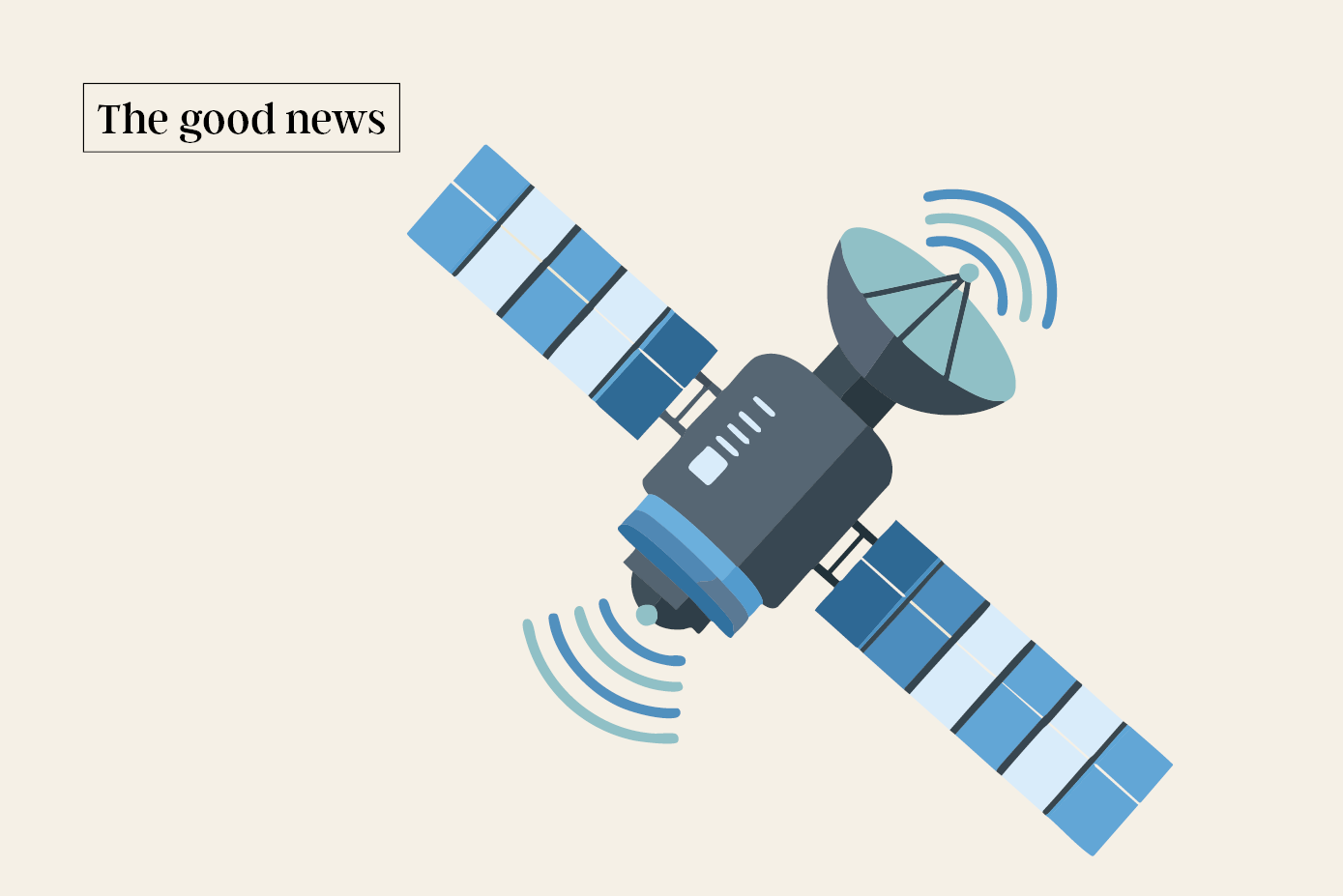Media
Free access television viewing for all

DStv is a Sub-Saharan African direct broadcast satellite service owned by MultiChoice with its headquarters in Randburg, South Africa. As one of Africa’s first and largest digital pay-per-view TV, it has enjoyed a monstrous monopoly for decades.
Now, outside South Africa, there is a growing backlash against DStv. Many criticise its tax practices. The practice of returning all profits made in other African countries back to South Africa is also criticised. Creative industries in other African countries also complain about the dominance of the Republic of South Africa content as opposed to other African countries.
In Malawi and Zimbabwe, DStv is being blamed for the decades-long stifling of local media ecosystems. Local content creators feel that they do not get enough opportunities to broadcast their content on the premium TV provider.
William Honde, an upcoming Zimbabwe film producer in Harare, compares his country with Nigeria which has been able to develop its film industry. “Nollywood’s success would have been easily replicated across Southern Africa if DStv didn’t dominate the scene,” he says.
Across southern Africa, it seems there is a state-led concerted effort to degrade DStv. Zimbabwe’s authorities say they are importing 50,000 free-to-air devices for sale to locals at just a paltry $ 15 each. With these devices, they will be able to access local television stations for free – and shun DStv.
“We want to be free-to-air because we want all Zimbabweans to watch,” Kindness Paradza, the Zimbabwe deputy minister of broadcasting told the parliament in August. “These decoders are fetching $ 15, and we are going to give some for free.”
At $ 15 apiece, the receivers are far cheaper than the DStv signal receiver devices which cost about $ 40. Zimbabwe’s government says it wants locals to watch home-made channels and decrease reliance on the South Africa content on DStv.
Similarly, Malawi has expelled DStv and asked it to go away with thousands of its mounted hardware. In August 2023, the pay-Tv’s license to operate in the country was cancelled. It was forbidden from taking subscriptions and asked to repay Malawians’ outstanding balances. Before the decision, DStv had unilaterally hiked its subscription fees.
“It’s a populist but controversial attitude towards DStv,” Widzo Xala, a tech ethicist in Blantyre the capital city of Malawi, says. “When you think of digital pay-per-view TV in Southern Africa, DStv is the embodiment of it all.”
John Guro, an independent economist in Harare, says that the backlash against DStv across Southern Africa is not due to a political witch hunt, but rather “due to an evolving tech, digital television landscape. Subscribers in Southern Africa now have options like Netflix which allow them to drop reliance on DStv.”
Audrey Simango is a freelancer working in South Africa and Zimbabwe.
thefoodradio@gmail.com










